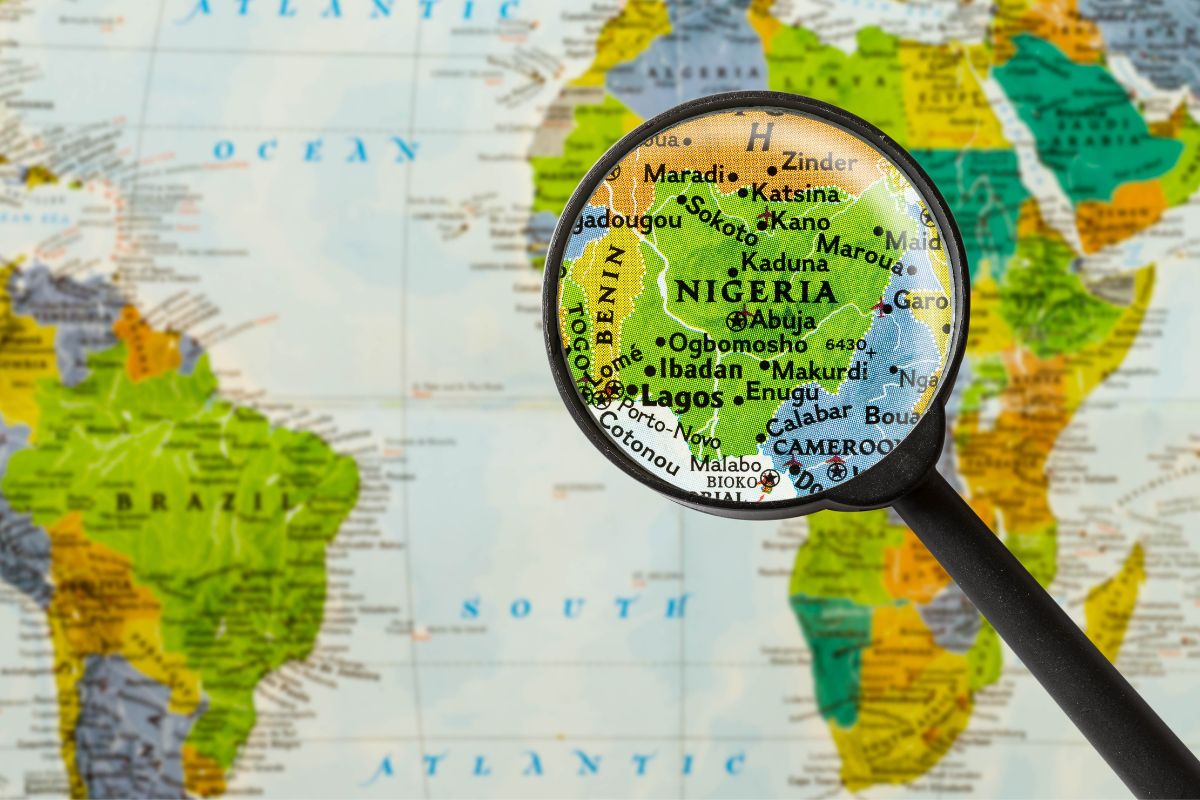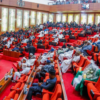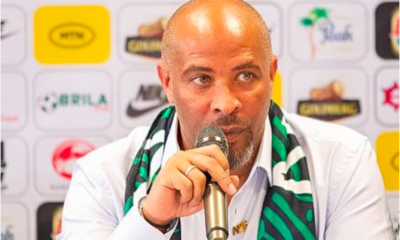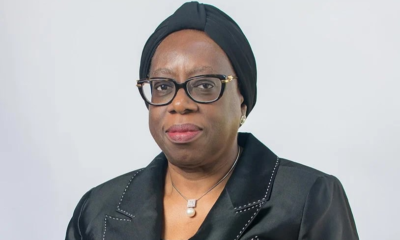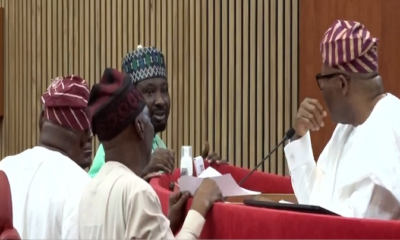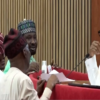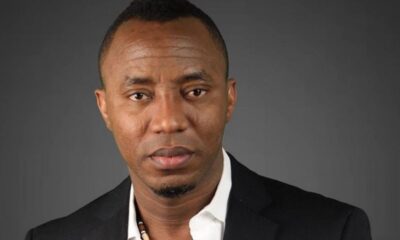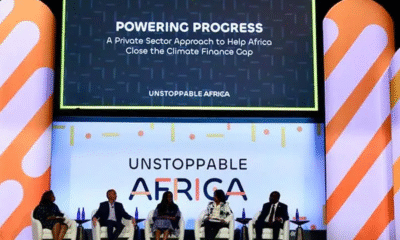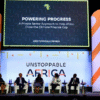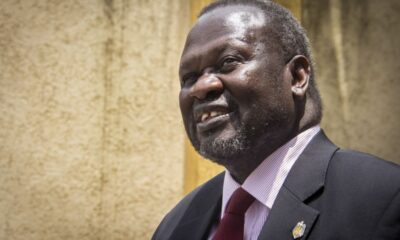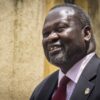African News
Nigeria Among World’s Worst in Human Rights Protection – HRMI Report
A new report by the Human Rights Measurement Initiative (HRMI) has ranked Nigeria among the worst countries globally in human rights protection, highlighting alarming levels of state violence, poor civil liberties, and critical failures in providing essential life-sustaining services.
According to HRMI’s latest Rights Metrics Report, published Saturday via its official X (formerly Twitter) platform, Nigeria scored just 3.2 out of 10 on the Safety from the State Index — an indicator that evaluates citizens’ protection from arbitrary arrest, torture, forced disappearance, extrajudicial killings, and the death penalty.
The report paints a dire picture of rights violations under the current Bola Tinubu-led administration, placing Nigeria near the bottom of global rankings alongside countries like Mexico and Venezuela. The country also performed poorly compared to many of its African counterparts, barely surpassing Kenya and Mozambique in several indicators.
“Human rights advocates, people who protest or engage in non-violent political activity, Indigenous people, and workers’ rights advocates are especially vulnerable to violations,” the report stated.
Arbitrary Arrests and State Abuse
Among the specific indicators, arbitrary arrest scored the lowest — a mere 2.5 out of 10 — which HRMI categorized as “very bad.” The report stressed that these figures reflect widespread state abuse and a breakdown in legal protections for ordinary citizens.
Weak Civil Liberties and Empowerment Scores
In addition to safety concerns, Nigeria fared poorly in civil and political rights, with HRMI’s Empowerment Index — which measures freedom of speech, association, peaceful assembly, religion, and political participation — showing a disappointing 4.5 out of 10 overall.
“Except for freedom of religion, which barely met the ‘fair’ threshold, all other empowerment indicators were rated ‘bad,’” said Nkosi Sibanda, HRMI’s East and Southern Africa Lead. “It is already clear the government in Abuja has a long way to go in protecting the basic rights of its people.”
Quality of Life Crisis
HRMI also raised red flags over Nigeria’s Quality of Life indicators, which assess access to healthcare, housing, food, work, clean water, and sanitation. According to Kehinde Adegboyega, HRMI’s Nigeria Ambassador and Executive Director of the Human Rights Journalists Network Nigeria, every indicator in this category was rated “very bad.”
“Access to water was just 38.25 percent, and sanitation was only 46.6 percent — far below international human rights standards,” Adegboyega noted.
He further highlighted an unfolding housing affordability crisis, particularly in urban areas, where rent has soared by over 100 percent, while wages have stagnated.
“Many families are now being forced into smaller, overcrowded spaces or selling personal belongings just to keep a roof over their heads. The government must go beyond rhetoric and take real action to address this crisis. Access to housing is not just an economic issue — it is a fundamental human right.”
International and Domestic Calls for Action
The HRMI report has sparked concern among human rights organizations and civil society groups, who are urging the Nigerian government to prioritize reforms, improve transparency in law enforcement, and invest in basic infrastructure and social services.
As Nigeria grapples with widespread insecurity, economic hardship, and shrinking civic space, the findings underscore a growing urgency for concrete, accountable governance and the protection of fundamental rights for all Nigerians.
The full HRMI report is available on their official website and social media platforms.

